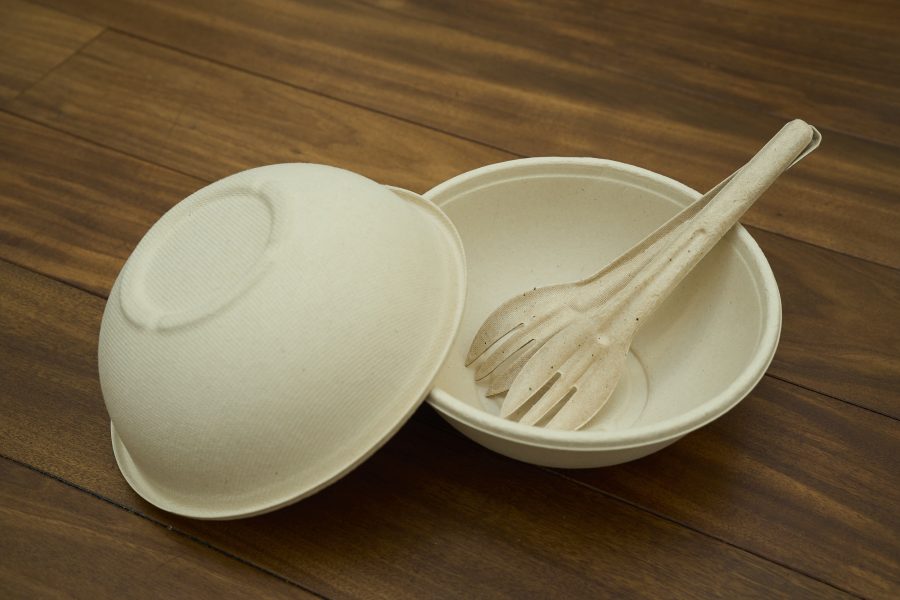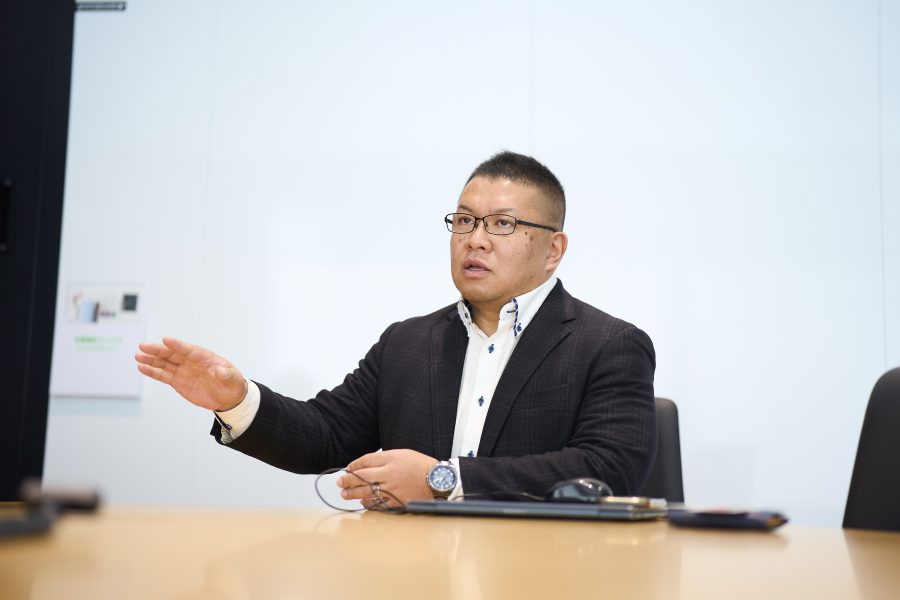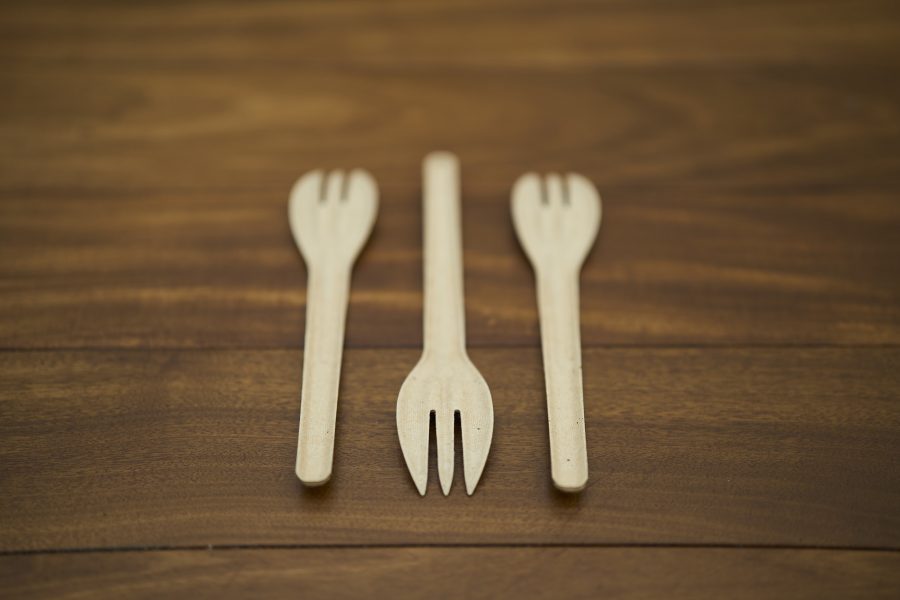
In the summer of 2024, Yanase was at a vast waste landfill in Surabaya, Indonesia, to negotiate a business deal for a new waste disposal system. A foul odor pervaded the mountains of garbage as far as the eye could see, and along with the stray dogs and swarms of flies buzzing around the food waste, there were a few people rummaging through the plastic waste, looking for something that could be sold for money. He thought, “If we could introduce composting and recycling technology for the waste, we could change this situation.” After visiting Indonesia, which is among the world’s worst three countries for the amount of plastic waste dumped into the ocean, Yanase was once again motivated to take on the challenge of solving the problem of waste disposal, not only in Japan but also overseas.
Fermentation technology using microorganisms is one of the most promising solutions. Since the summer of 2024, a system known as tunnel composting, which uses biomass to treat waste, has been gaining popularity. This method is a common way to dispose of waste in Europe, where leftover food, soiled food packaging, and disposable diapers are placed in a fermentation tank with microorganisms that break them down neatly and eliminate odors. The paper and plastics that are left over after the decomposition process can also be efficiently utilized as raw materials for solid fuel. Not only would this reduce CO2 emissions compared to incineration, but it would also eliminate the need for a final disposal site to bury the incineration ash. Yanase is now preparing to approach local governments about this method, which could revolutionize the conventional wisdom of waste disposal where incineration has been considered the norm.
In contrast to mass production, mass consumption, and mass disposal, the world is currently speeding up its shift to a “circular economy” that aims to maximize added value while using resources efficiently. The Japan Association for the 2025 World Exposition has been hosting study sessions in advance of the Expo to talk about comprehensive measures for a circular economy and attempting to leave a legacy for the world to enjoy. During the development of edish, one word constantly crossed Yanase’s mind: the word “mottainai (too valuable to throw away)” his grandmother used to frequently use. “I hope that the spirit of ‘mottainai,’ which has now become a universal language, will once again permeate the hearts of many people through the Expo and lead to a change in their behavior,” said Yanase. With a deep respect for Japanese ancestors who, without even realizing it, have built a lifestyle that puts little strain on the environment, Yanase has vowed to continue working toward the creation of a sustainable, recycling-oriented society through his business.

Mr. Keita Yanase, Package Business Section

Forks of “edish” to be provided at the venue of the Expo
Share this article


